New “Robo-Cop” Hits the Streets of Miami: First Driverless Police Patrol Car in the U.S. Goes on Duty
It’s built on the popular Ford Police Interceptor Utility platform.
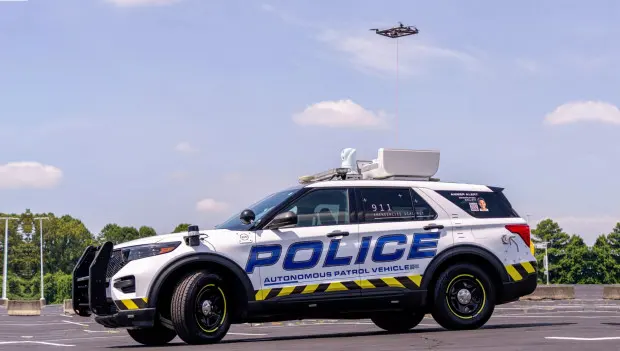
Policing Lab and the Miami-Dade County Sheriff’s Office have unveiled a groundbreaking innovation — the Police Unmanned Ground Patrol Partner, or PUG for short. It’s being hailed as the nation’s first fully autonomous police patrol vehicle.
While Policing Lab has shared few technical details, it’s known that the vehicle is based on the Ford Police Interceptor Utility and uses autonomous driving technology from Perrone Robotics. This allows PUG to patrol high-crime areas, serving as a visible deterrent to criminal activity.
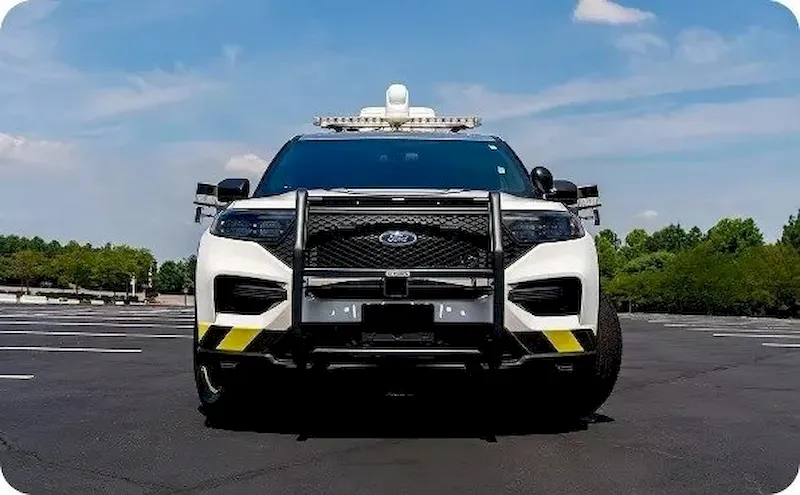
More importantly, PUG functions as a mobile surveillance unit, equipped with a suite of cameras, a thermal imaging system, and a license plate reader. It also features a drone launch platform, giving law enforcement the ability to gather real-time information from the air. The system can help locate stolen vehicles and alert officers to incidents requiring response.
The pilot program will run for one year, focusing on metrics such as faster response times, enhanced deterrence, improved officer safety, and greater public trust in law enforcement technology.
You may also be interested in the news:
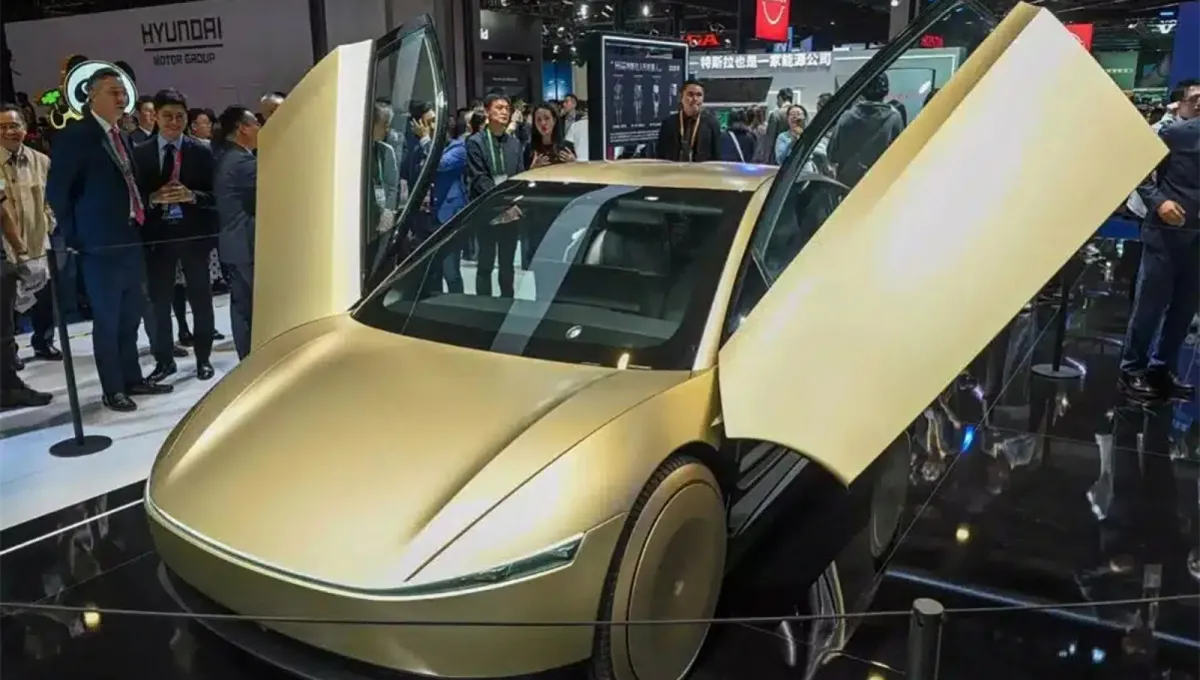
First Tesla Cybercab Rolls Off the Line: No Pedals, No Steering Wheel, 310-Mile Range
Tesla’s factory in Austin, Texas, has built the first Cybercab robotaxi — completely autonomous and without traditional controls.

American Man Tests a Tiny Electric Car From China — and Is Shocked by How It Drives
This Chinese EV is smaller than a golf cart.
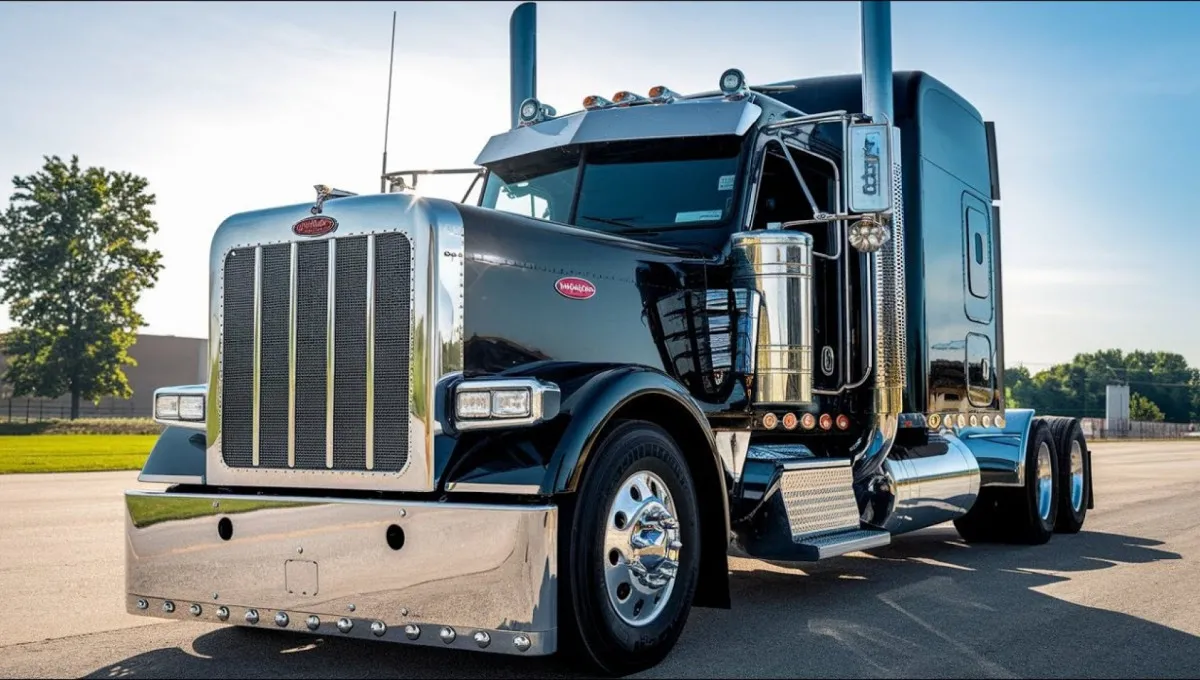
Peterbilt 379: How America’s Most Iconic Big Rig Became a Legend
In the United States, trucks like these are more than just machines — they’re part of a culture.
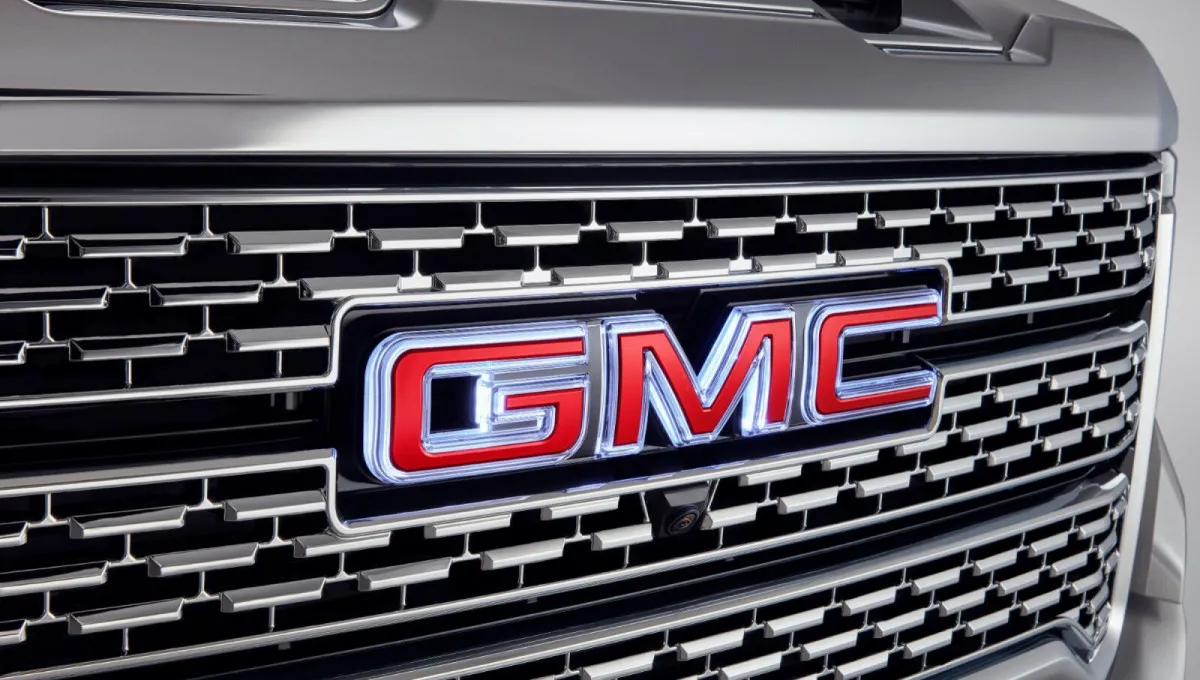
General Motors Bets Big on Pickups With Millions in New Investment
Bigger, newer, and more powerful: General Motors is ramping up investment in pickup truck production. Here’s what we know so far about the company’s plans.
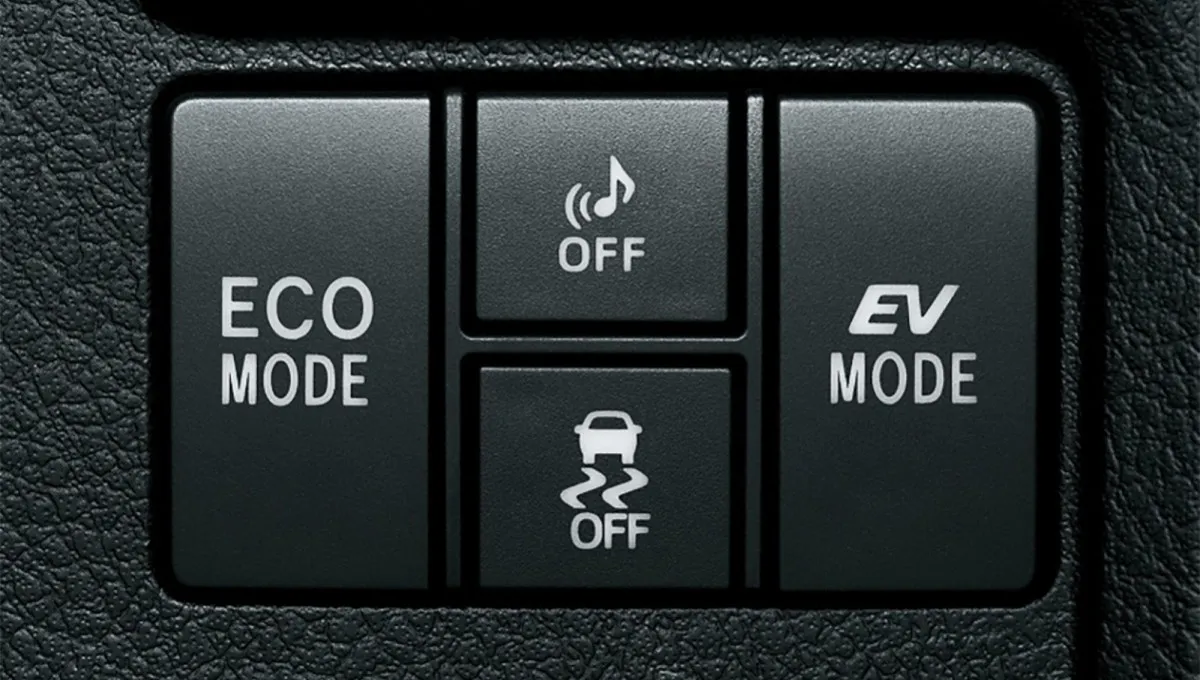
Toyota Plans to Limit Driver Control on City Streets, May Remove the “Off” Button for Key Safety Systems
Toyota is considering prohibiting drivers from turning off certain safety features in its vehicles.